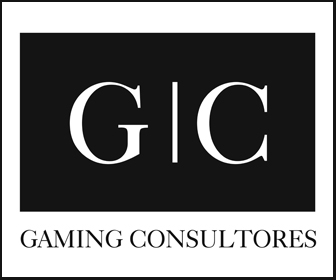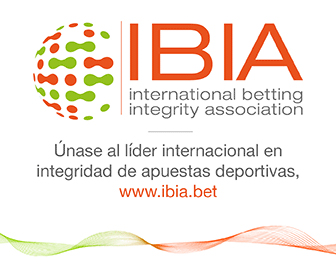The European Gaming and Betting Association (EGBA) is calling on delegates of national standardisation bodies to vote in favor of a landmark European standard on markers of harm in online gambling, ahead of the voting deadline set for September 25.
The EGBA is urging approval of a European standard designed to identify markers of harm in online gambling. The vote, conducted by the European Committee for Standardisation (CEN), represents the culmination of years of collaborative work that began in 2022, following EGBA’s initial proposal to CEN – the official EU standardisation body.
The purpose of the standard is to establish a clear list of behavioral indicators that can signal risky or potentially harmful gambling patterns. These markers – such as shifts in speed, time, and duration of play – are vital tools for early intervention and harm prevention in the online gambling environment.
A Collective European Effort
The development of this standard has been a collaborative European process, reflecting the shared responsibility of safer gambling. CEN has brought together experts from across the continent, including academics, regulators, operators, and harm prevention professionals, through their national delegations. The initiative has already received support from influential stakeholders, such as the Gambling Regulators European Forum (GREF).
Filling a Critical Gap
While many gambling operators and organizations already use markers of harm to guide their safer gambling efforts, there is currently no common framework that defines which behaviors qualify as such. This standard seeks to address that gap by creating a unified, research-based list of indicators built on the latest scientific expertise. Its adoption would enable earlier and more consistent identification of risky play across markets, while raising the standard of player protection industry-wide.
“This vote marks a milestone for safer gambling in Europe,” said Maarten Haijer, Secretary General of EGBA. “The initiative, originally proposed by EGBA, shows exactly the kind of collaboration we need more of—bringing stakeholders together to share expertise and work for the common good. We urge national delegates to approve this important standard, which will help deepen the understanding of problem gambling behavior and strengthen harm prevention efforts across Europe.”
If adopted, the standard is expected to be published by CEN no later than early 2026. It will remain voluntary, leaving regulators free to decide whether to integrate it into their national safer gambling frameworks.



















































































































